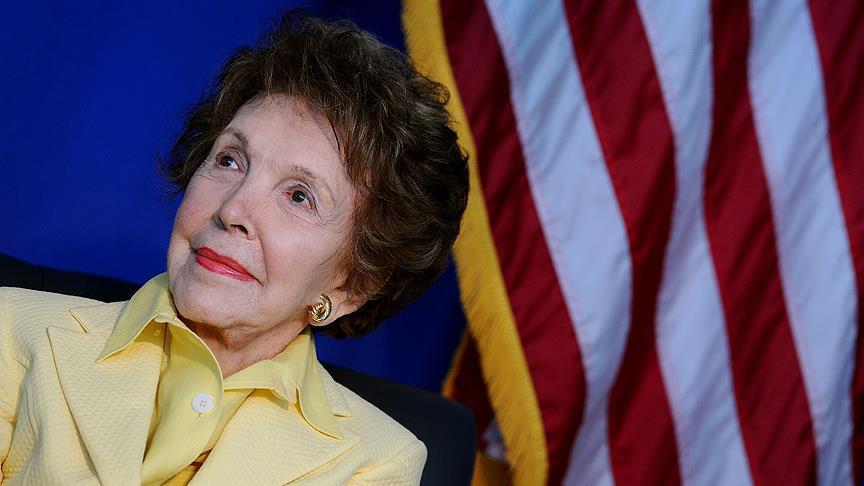Senate passage of landmark health-care legislation yesterday took the Democrats’ long drive to enact the biggest social-policy change in decades into its final lap – a high-stakes effort to reconcile differences between House and Senate versions of the bill.
 With Republicans boycotting, the majority Democrats in the two chambers must grapple with multiple disparities – on abortion, taxes, and the government’s role in the health insurance market.
With Republicans boycotting, the majority Democrats in the two chambers must grapple with multiple disparities – on abortion, taxes, and the government’s role in the health insurance market.
But they are under political pressure to act quickly on President Obama’s goal of overhauling a medical system that provides world-class health care for many but is marked by huge gaps in coverage, uneven quality, and skyrocketing costs.
Yesterday’s 60-39 vote on strict party lines came in an unusual Christmas Eve session, with exhausted senators gathering at 7 a.m.
It was the 25th day of debate, and Vice President Biden made a rare appearance to oversee the roll call.
Obama hailed the action. “With today’s vote, we are now incredibly close to making health insurance reform a reality in this country,” he said after the vote. “Our challenge, then, is to finish the job. We can’t doom another generation of Americans to soaring costs and eroding coverage and exploding deficits.”
One of the most divisive issues among Democrats – a new government-run insurance program known as the public option – is now effectively off the table. And for all the differences between the two bills, they have vast expanses of common ground.
The bill that goes back to both chambers after the House-Senate conference will almost certainly increase by at least 30 million the number of people covered by government or private health insurance.


